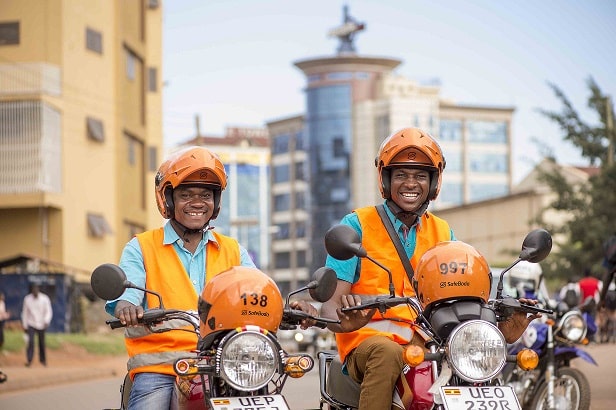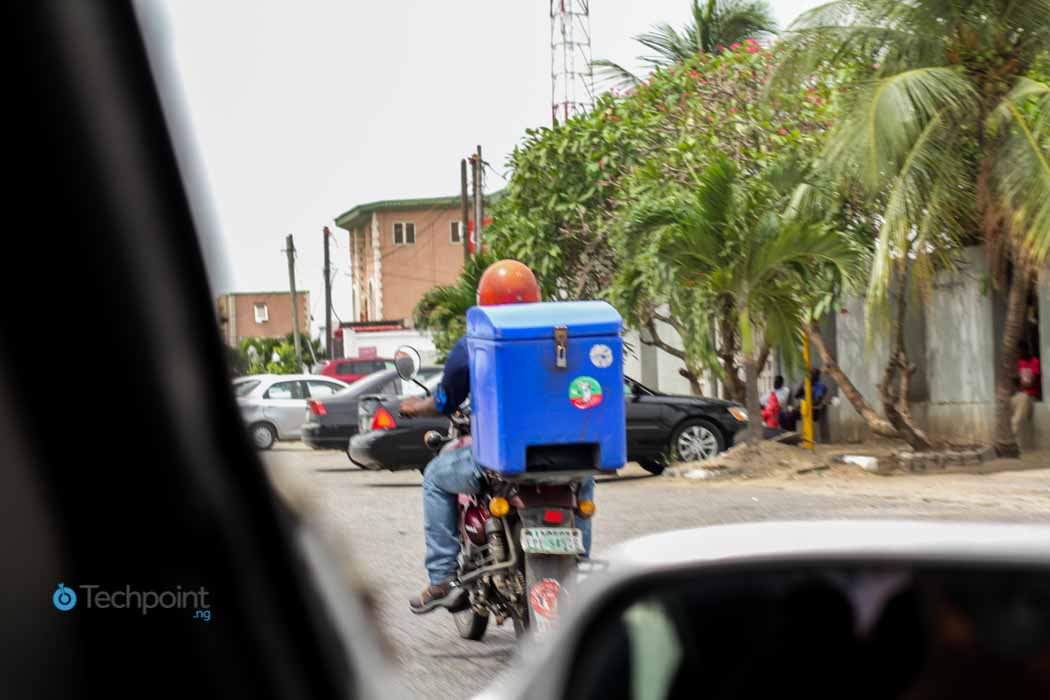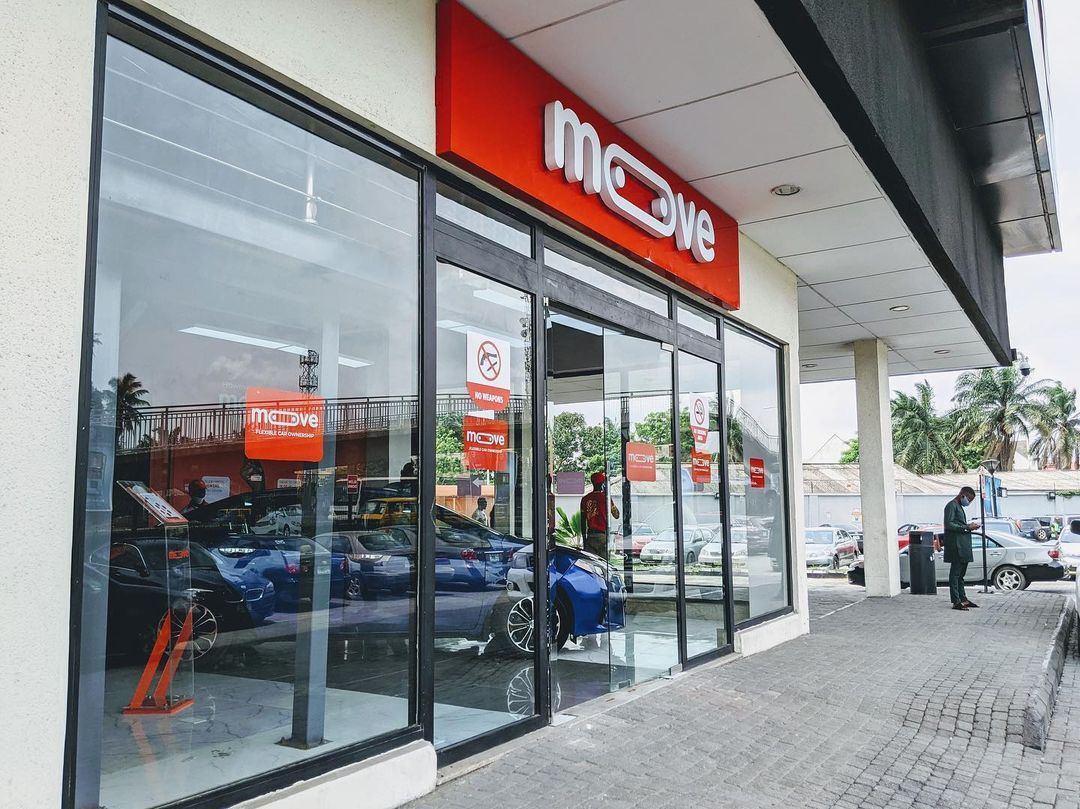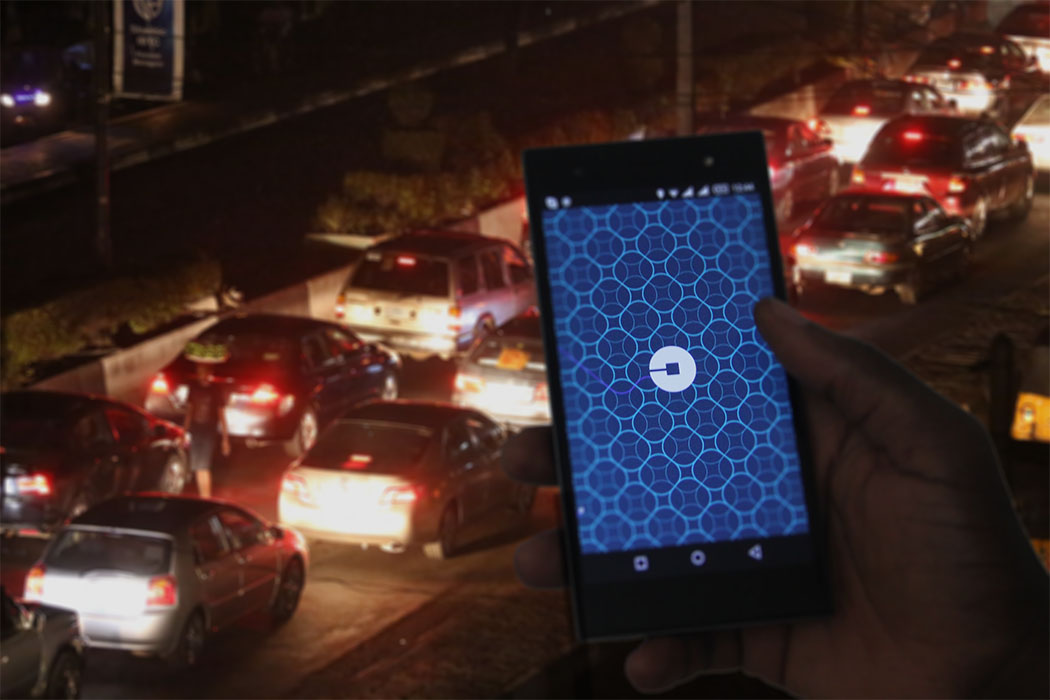From November 27, Ugandan-founded bike-hailing startup will pause its operations in Kenya. From the announcement made on Monday, it was gathered that the exit was inevitable, because the business may not recover from the effect of COVID-19 in the country.
This was a hard decision for us to make but we are still dedicated to empowering communities. Thank you for being a part of the #NduthiGang. We love you🧡 pic.twitter.com/AsuB5j6tWn
— SafeBoda Kenya (@SafeBoda_Kenya) November 16, 2020
"While Nairobi is seeing some economic recovery from COVID-19, boda transportation has been hit hard. This has meant our business cannot sustainably operate in this environment and unfortunately, the timeline for a full recovery cannot be certain," the startup explained in the statement.
By implication, commercial motorcycle (popularly called boda-boda) riders donning bright-orange branded helmets will no longer be found on Nairobi roads. The startup, however, promises to refund users that would not be able to exhaust the funds in their wallet before November 27. This will be credited into their M-PESA accounts.
After launching in Uganda in 2015, Safeboda expanded to Nairobi, Kenya in July 2018 to join competitors like Taxify, UberBODA, and Mondo. After the Kenyan expansion, the company also revealed intentions to expand into Nigeria, a move which never happened until March 2020.
But against expectation, Safeboda went live in Ibadan, Nigeria’s largest city. Although the company had started building an online presence since December 2019, the ride-hailing business was able to escape the regulatory ban on motorcycles and tricycles in the country's commercial hub, Lagos, in February 2020.
Safeboda has a fund chest of over $1.3 million and has relatively bold footprints in both Uganda and Nigeria.
Apparently, the economic reality caused by the pandemic is felt across the world. Hence, it only seems convenient to explain Safeboda's decision away as COVID-19 effect. However. from the reactions to this announcement, there are suspicions that driver inconsistency may have contributed to the exit.
Earlier in March 2020, before Kenya started recording coronavirus cases which necessitated lockdown, this article reported that Safeboda drivers in Kenya stopped accepting ride orders. Following complaints about low returns due to high discounts, the drivers protested to request for fare review if they must return to work.

Join over 3,000 founders and investors
Give it a try, you can unsubscribe anytime. Privacy Policy.
Subsequent to economic complications after the lockdown, drivers may have resorted to offline orders or moved on to other platforms. Meanwhile, in less than a year of expanding to Kenya, the company claimed to have onboarded over 1500 drivers on its platform.
Regarding how exposed businesses are to the economic outcome of the pandemic in Nairobi, the startup may have felt the heat more considering the level of competition in the market. Kenya could boast of five major players in the ride-hailing sector before Safeboda’s entry.
Perhaps an early entrance was an advantage for survival in Kampala, Uganda. Also, in Nigeria, its newest market, the Safeboda has only one competitor operating in Ibadan -- MAX.NG.
As the startup is now left to focus on its other two markets, there are apparent lessons that can be utilised from this exit although its operating model is quite similar across all the markets. https://zp-pdl.com/best-payday-loans.php http://www.otc-certified-store.com/herbal-products-medicine-usa.html https://zp-pdl.com/get-a-next-business-day-payday-loan.php http://www.otc-certified-store.com/gastrointestinal-tract-medicine-usa.html https://zp-pdl.com/online-payday-loans-in-america.php срочно займлови займ вход в личный кабинетзайм домашние деньги





















